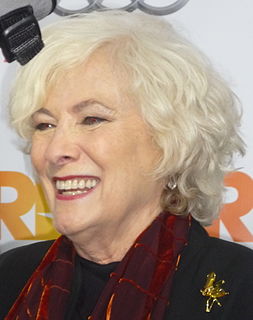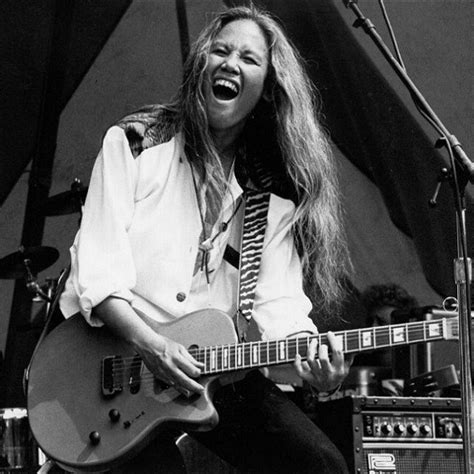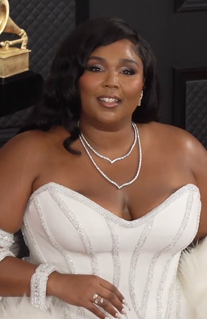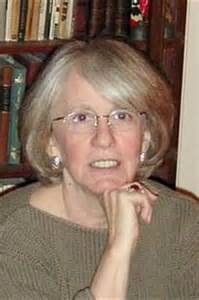A Quote by Betty Buckley
I have never experienced racism in the feminist movement, so it concerned me to think that I was unable to see the subject clearly because I came from white, middle-class privilege.
Related Quotes
The liberal wing of the feminist movement may have improved the lives of its middle- and upper-class constituency--indeed, 1992 was the Year of the White Middle Class Woman--but since the leadership of this faction of the feminist movement has singled out black men as the meta-enemy of women, these women represent one of the most serious threats to black male well-being since the Klan.
There is a privilege in American society to being male and being white, and I think it's hard for white males to understand that privilege, because we've never experienced the opposite. When I sought out mentors to try to move forward, there were white males in virtually every position from which I was seeking mentorship. There was a natural simpatico or natural comfort. And so if you believe that's true, and I believe it's true, then we have to change that. We have to try to equalize opportunity and privilege.
If I was concerned about being accepted, I would have been doing Ansel Adams lookalikes, because that was easily accepted. Everything I did was never accepted...but luckily for me, my interest in the subject and my passion for the subject took me to the point that I wasn't wounded by that, and eventually, people came around to me.
I have this theory that people are actually really hungry for sonic space and understanding words, and I think that people are ready to look back and actually appreciate some of what came before. And then you really do have the entire movement that I'm just going to call feminist, because I am a feminist. I think the education of young girls and women about what came before has started and I think that the knowledge of Fanny is part of that.
White privilege is the other side of racism. Unless we name it, we are in danger of wallowing in guilt or moral outrage with no idea of how to move beyond them. It is often easier to deplore racism and its effects than to take responsibility for the privileges some of us receive as a result of it... Once we understand how white privilege operates, we can begin to take steps to dismantle it on both a personal and institutional level.
While I was able to pass as white as soon as I came to America, this was not really possible while I was growing up, as it was pretty obvious that I wasn't 'all German.' So my privilege was that in America, I could conveniently withhold one of my bloodlines and avoid racism and discrimination. That is not a privilege most people of color have.




































